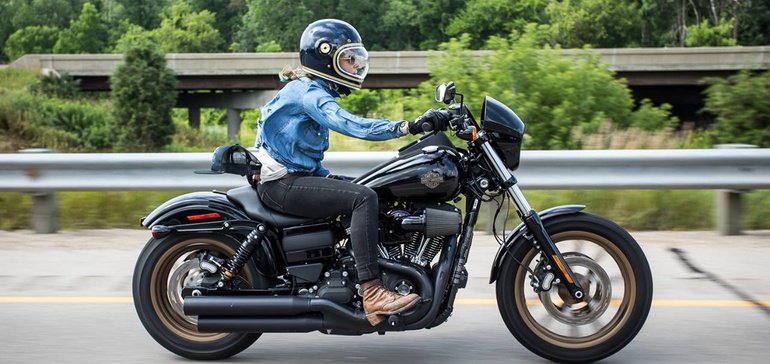Dive Brief:
- Harley-Davidson, which is celebrating its 115th year in business this year, on Wednesday reported that worldwide retail sales of new Harley-Davidson motorcycles in the fourth quarter fell 9.6% versus the prior-year period. Retail sales in the United States fell 11.1%, and international retail sales fell 7.7%, according to a company press release.
- Year-to-date sales of used Harley-Davidson motorcycles were up through November and continued to perform significantly better than new retail sales in the U.S., CFO John Olin told analysts, according to a transcriptfrom Seeking Alpha. Executives also told analysts on Wednesday that international sales will be key to offsetting sliding U.S. retail sales.
- As part of a cost-cutting effort, the company announced the closure of a final assembly plant in Kansas City and a plan to shift those operations to its plant in York, PA, eliminating some 800 jobs in the process. About 450 jobs will be added in York as the company increases capacity there, according to a company press release.
Dive Insight:
Harley-Davidson on Thursday noted that changes to U.S. tax law would mostly benefit the company, although new taxes on overseas-manufactured goods aren’t likely to have much of an impact because of the company’s largely U.S.-based operations.
The company is hoping to balance a slide in U.S. sales with increased international sales, as well as, in the future, sales of electric-powered bikes here and abroad. That has been complicated, however, by the U.S. rejection of the Trans-Pacific Partnership — a trade pact with Asia that was a major undertaking of President Barack Obama’s second term designed to combat China’s rising trade supremacy.
Three years ago, the multi-layered deal seemed poised to succeed, but bad press during the 2016 U.S. presidential election undermined support. The rejection of the agreement by the Trump Administration last year has complicated plans for retailers like Harley-Davidson that have hoped to balance declining U.S. sales with increased sales internationally.
“We expect to ship between 231,000 and 236,000 motorcycles, which is down approximately 2% to 4%,” Olin told analysts on Wednesday. “Our assumptions include U.S. dealer retail sales to be down … partially offset by growth in international retail sales. We expect year-end U.S. retail inventory to be flat to 2017 and flat to up in international markets as we continue to add dealers.”
CEO Matthew Levatich last summer lamented the pull-out from TPP, telling Fox Business, “TPP was in negotiation for almost a decade before it was unfortunately turned down. That would have helped us a lot.”
While tax reform has been touted as significant relief to U.S. companies that will boost growth and employment here, Harley-Davidson’s woes demonstrate that tax relief may not be enough to spur growth in what has become a global marketplace.

